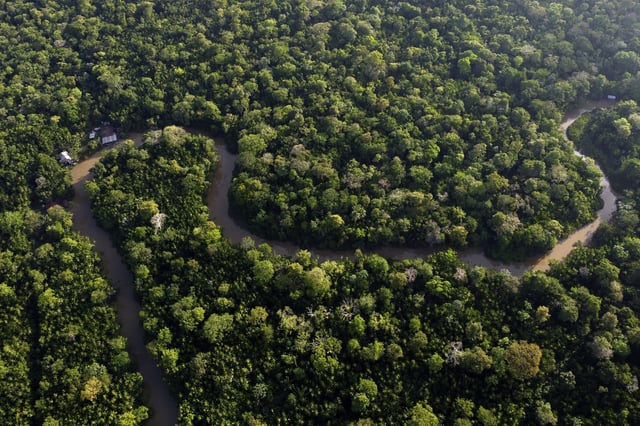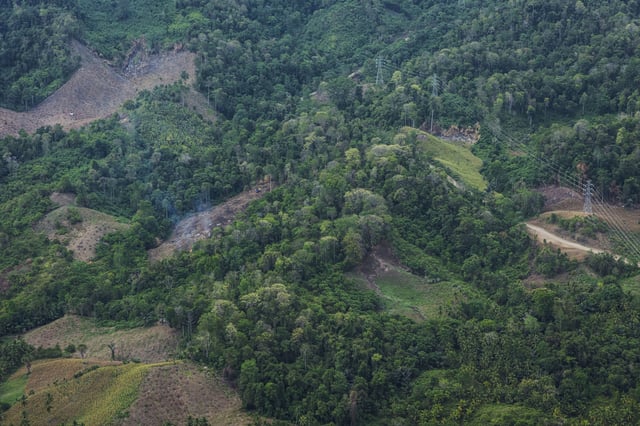Overview
- The agreement outlines two key actions: securing billions in additional biodiversity funding and determining the institutions to deliver the money.
- Developing nations, led by Brazil, pushed for a dedicated biodiversity fund, while wealthy nations opposed it, citing concerns over fragmented aid.
- The compromise avoids creating a new fund but sets a path to reform existing financial mechanisms and ensure equitable access for poorer countries.
- This deal follows a 2022 global commitment to halt biodiversity loss by 2030, including protecting 30% of land and marine areas and restoring degraded ecosystems.
- Scientists warn that urgent action is needed as a million species face extinction due to unsustainable farming, deforestation, and pollution.



